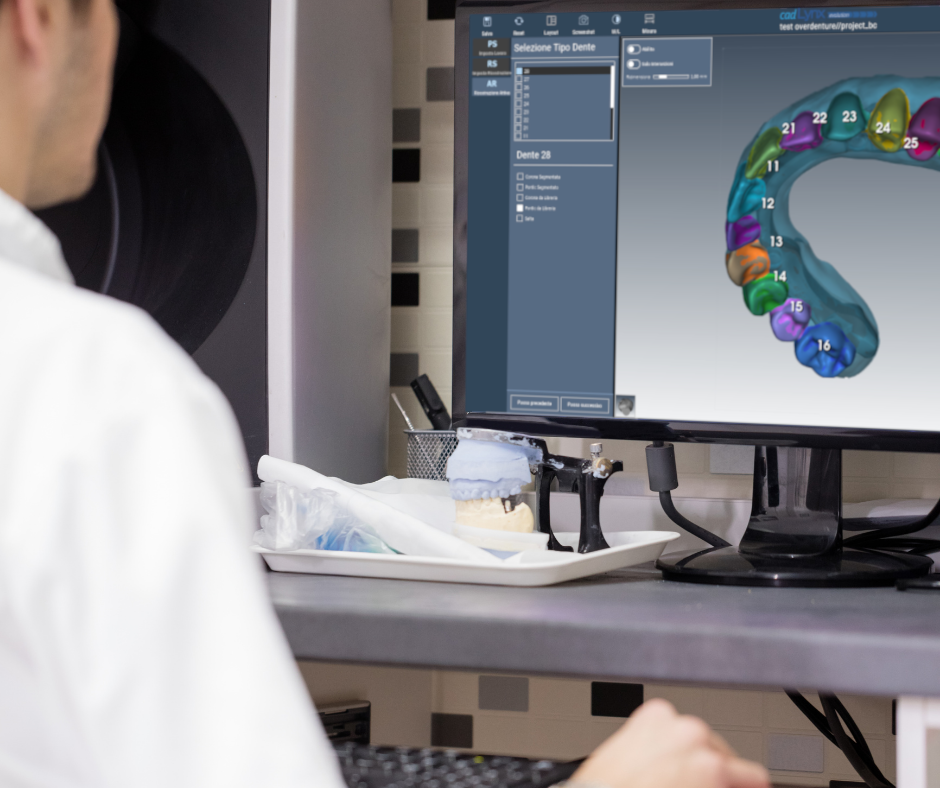
For dental technician is it better to have an analogue dental laboratory or one that also exploits the potential of the digital world? In this article we will try to highlight the strengths of one and the other, and provide some reflections on how to enhance and improve performance in the laboratory.
First of all, let's analyse the elements that make us define a studio as purely analogue. A laboratory that still works on dental plaster impressions, that therefore makes prosthetic artefacts manually and does not make use of those technologies that could simplify its work is defined as analogue.
Digitisation of the dental laboratory:
The world has evolved towards digital technology in every sector, adopting ad hoc systems in different areas of operation, and dental technology has not been left out. A digital laboratory offers more immediate communication with the dentist, the use of impressions obtained with intraoral scanners and received by email, processed with special software, but also the creation of prosthetic restorations with the latest generation of dental milling machines, fast and capable of exploiting CAD/CAM technology.

Why switch to a digitised laboratory?
Choosing to move towards innovation does not mean giving up on craftsmanship and professionalism of the laboratory, but will be the perfect solution to enhance these aspects, to grow and see their performance improve, to refine skills and increase their business.
A laboratory that is ready to respond quickly and efficiently to the needs of the dental studio will gain an increasing number of customers and be able to provide solutions in a short time and with high performance.
Digitising the workflow in the laboratory should be a process that will lead to an overall improvement in the quality of work, but also in the products and feedback provided to customers. Technology has made great strides in the last decade and the time is ripe to improve processes by combining digital and manual workflow in an optimal way. Adopting digital processes will allow us to keep up with the times, improve communication with dental studios and improve the quality of what we supply, without giving up manual work to complete the work so that the level of the products is close to perfection.
